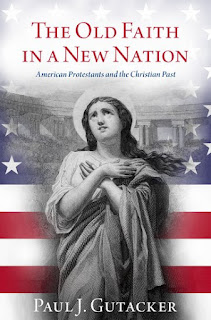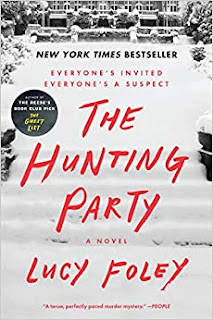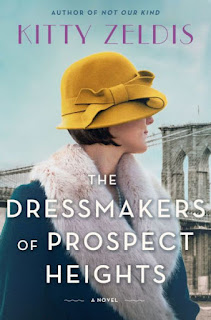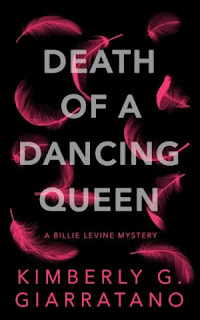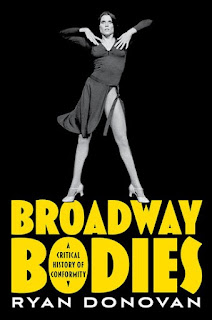 Julia Bartz is a Brooklyn-based writer and practicing therapist. Her fiction writing has appeared in The South Dakota Review, InDigest Magazine, and more.
Julia Bartz is a Brooklyn-based writer and practicing therapist. Her fiction writing has appeared in The South Dakota Review, InDigest Magazine, and more.
The Writing Retreat is her first novel.
At CrimeReads Bartz tagged five favorite psychological thrillers featuring "a female character who throws off societal conventions–even if the result is violence, mayhem, and murder." One title on the list:
They Never Learn by Layne FargoRead about another entry on the list.
Psychopaths may be self-interested, but that doesn’t mean they don’t have their own moral code. Gorgeous and quick-witted protagonist Scarlett is a lauded professor ata university–and she’s also a serial killer. Each year, Scarlett chooses the most harmful, abusive man on campus to do away with; in her mind, she’s doing the school a favor. When the head of the school’s investigation starts getting too close to the truth, Scarlett knows she should take a break, but how can she when she’s got the perfect victim in her sight?
They Never Learn is among Misha Popp's eight recent novels featuring truly fatal femmes fatales, Lesley Kara's six top crime novels about settling old scores, Heather Levy's top eight books on those darkest guilty pleasures we love to devour, Melissa Colasanti's six deliciously duplicitous female characters in thrillers, Amy Gentry's novels of the new Dark Academia canon, and Molly Odintz's six best vigilante thrillers.
My Book, The Movie: They Never Learn.
--Marshal Zeringue
















